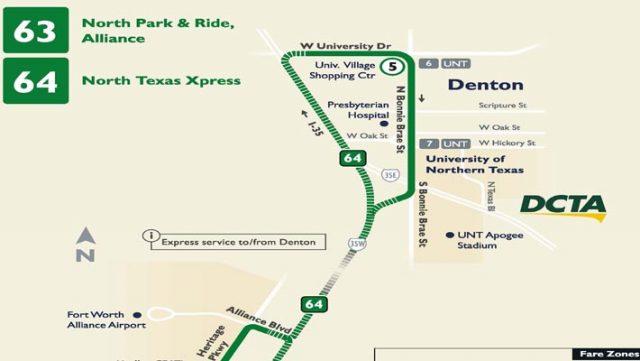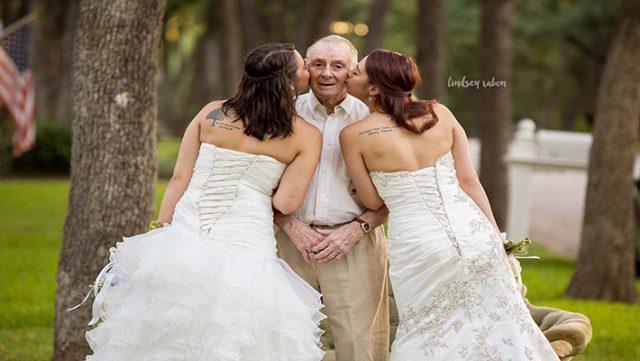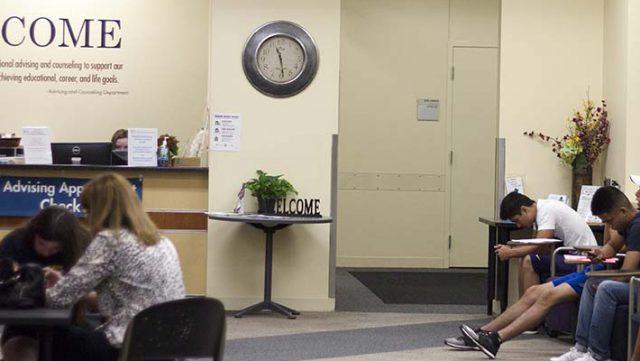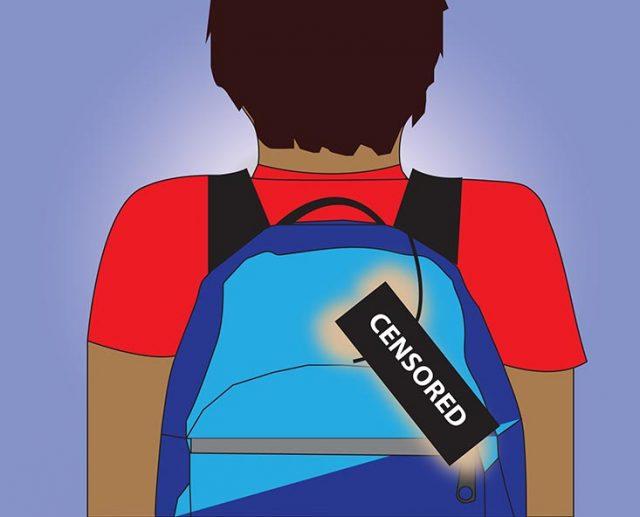By Dylan Venglar/ reporter
NW students learned the many sides of depression and its treatment in Help Is on the Way Sept. 13.
“Despite what common myth says, anti-depressants are not stimulants or mood-altering drugs,” NW counselor Lisa Allison said.
Allison started her presentation with a short video featuring military personnel talking about their own battles with depression. Some credited cognitive behavior therapy as helping them. This therapy involves a series of meetings with therapists to slowly change one’s outlook by simple word choice in describing how the individual thinks and feels.
“The medicine never worked, but just talking it out did,” one military person said.
Others, however, said they needed medicine, not socializing. The interviews showed the number of ways depression works and revealed that no two individual treatments are entirely the same.
Allison explained the difference between minor and major depression. Minor includes symptoms such as feeling a lack of energy or difficulty concentrating, low self-esteem and pessimistic viewpoints. With major depression, people might experience no pleasure in activities they used to enjoy, helplessness, thoughts that things will never improve or significant weight gain or weight loss.
Treatment options range from talk therapy, such as cognitive behavioral therapy, medicines or even eye exposure to certain wavelengths of light, Allison said.
“Some people feel better after a few weeks of medication,” she said. “Some people feel better after just talking about it.”
The techniques have varying effects on relieving the symptoms, Allison said.
“People will take the anti-depressants for two days then decide to stop because they aren’t feeling the effect,” she said.
Allison said stopping the medicine is a bad idea.
“It typically takes anywhere from three to four weeks for the medicine to have a noticeable effect,” she said.
When discussing depression with a health care provider, the patient needs to ask questions, Allison said.

























